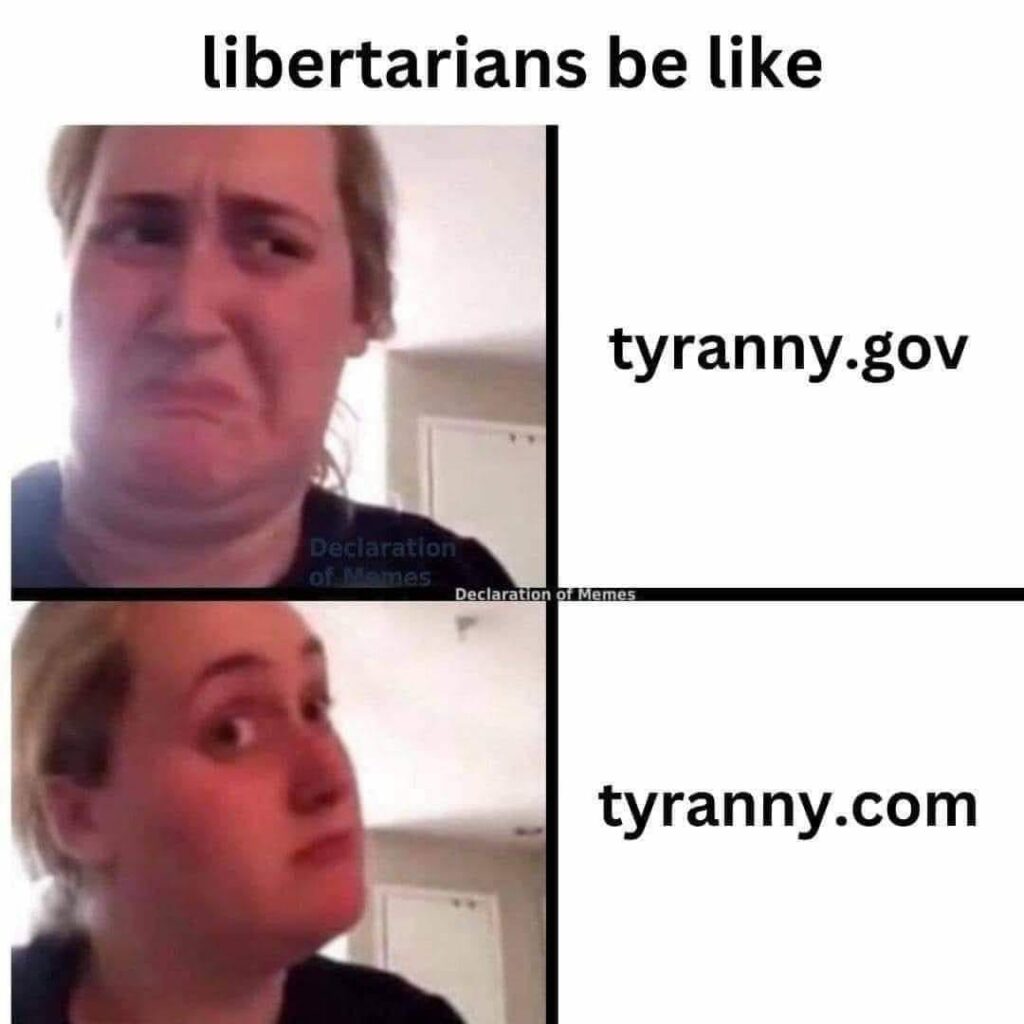Over the last few decades, the web’s evolution has been shaped by competing ideals. Early on, we witnessed the shift from the “better” #closedweb corporate controlled paths to an #openweb #DIY explosion—a time when collaborative, decentralized approaches thrived. #Mainstreaming efforts to recapture this #4opens spirit failed for years, but eventually, corporate-driven dot-coms platforms captured the majority of people. Activist voices were muffled as #dotcons pushed mainstream interests, pulling away the community-driven power the web once enabled. This phase was a bait-and-switch operation, leading to surveillance capitalism and making it harder to stand up for collective, public-first internet paths.
A key aspect here is that this decline wasn’t caused by isolated figures but by broader, recurring social forces, like #fahernistas and the #geekproblem, who fell into patterns of adopting dominant narratives by failing to recognize the alt values of “native” open tech paths. As this happened, the #NGO world came in with “nice funding,” which subtly aligned activist tech initiatives with liberal, watered-down approaches. This pushed and promoted co-option over the power of change. The result was tech stagnation, with communities gradually losing their voice and control, the mess we were in 5 years ago.

The current openweb revival is due to protocols like #ActivityPub, coinciding with the rise of #web03, which was about re-implements #closedweb paths. This presents both a challenge and an opportunity, especially as the rotting of dotcons reveals the hollowness of centralization. While this #reboot has potential, it’s often bogged down by the same forces that hindered past movements. The #fahernistas focus on transient tech trends and individualistic coding projects that ignore the power of collective working, and the #web03 uncritical push of #encryption as a solution without a broader social strategy results in mountains of #techshit.
What works? Building from simple foundations: As digital activists and #DIY tech communities try to reboot the web, it’s essential to start with simplicity: #KISS principles (Keep It Simple, Stupid) offer a practical foundation. Instead of complex, flashy approaches, this mindset prioritizes clarity, accessibility, and collective agency. Each simple, intentional step creates a more durable basis to counter #mainstreaming forces.
What do we need: Self-organization tools within community are needed to reshape the path. Hashtags, for instance, have devolved into self-branding tools (fashernista), whereas they originally provided decentralized organizing power. Reclaiming these tools for grassroots purposes helps bring DIY activism to the forefront and build cohesive networks across digital paths.
What needs balance: The #VC poison of “nice funding” and #NGO co-option, are the big challenges facing the #openweb movement. Often, well-intentioned tech initiatives accept NGO money to sustain themselves, but this financial support is not neutral. The NGO world, embedded in liberal agendas, steers projects toward safe, palatable solutions that appeal to funders rather than fostering the radical shifts needed for real change. This sugar-coated poison draws tech initiatives away from their roots and into a cycle of compromise, weakening the collective power that grassroots projects depend on.

What can we do? As we look at ways to reignite a meaningful openweb, these lessons from history are crucial. Without seeing these patterns, we are repeating the same mistakes and allowing corporate and liberal to dictate the paths we take to build our shared digital commons. How we actually make this work is not obverse, but the current #fedivers reboot is a seed that is in the ground and growing.

I use the #4opens as a tool to do this as it’s simply #foss development with #openprocess added on, a useful tool to get past what people say their projects are about. And what they are actually about https://unite.openworlds.info/Open-Media-Network/4opens we need tools like this to compost the piles of #techshit people keep creating, if we are to have soil to grow tech seeds of hope, like #Activertypub
The path is simple, who is coming down it with me and meany others?